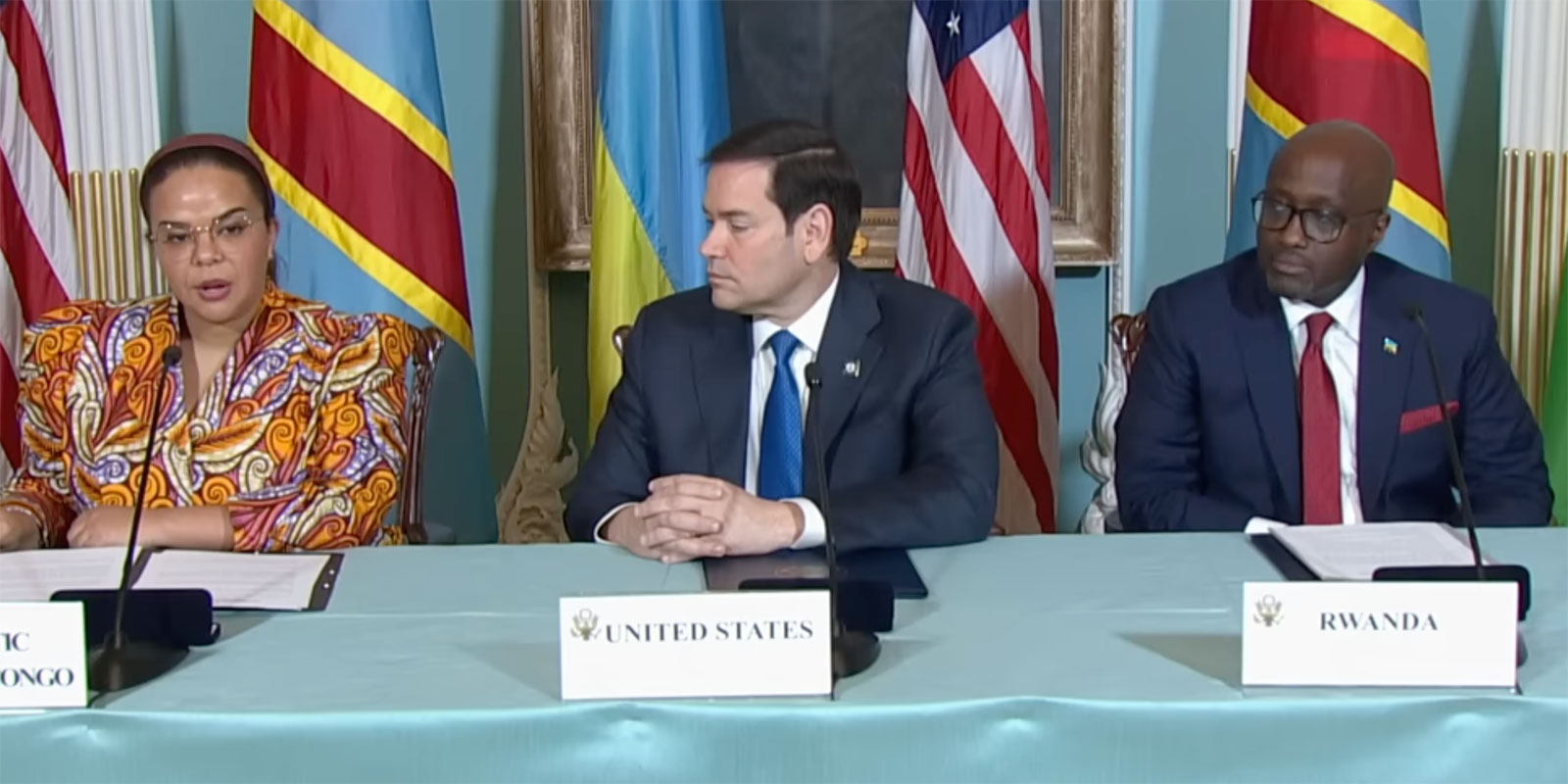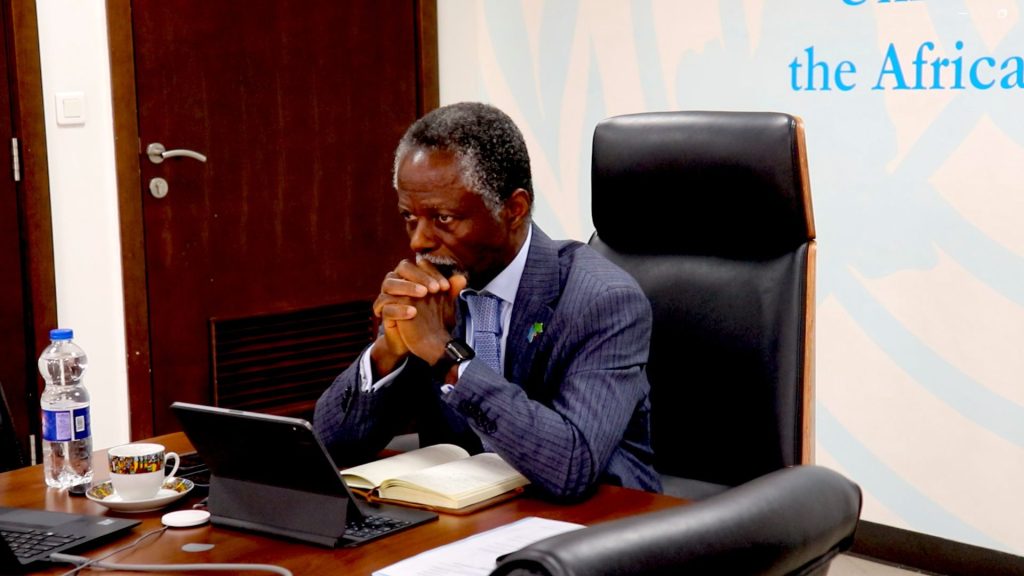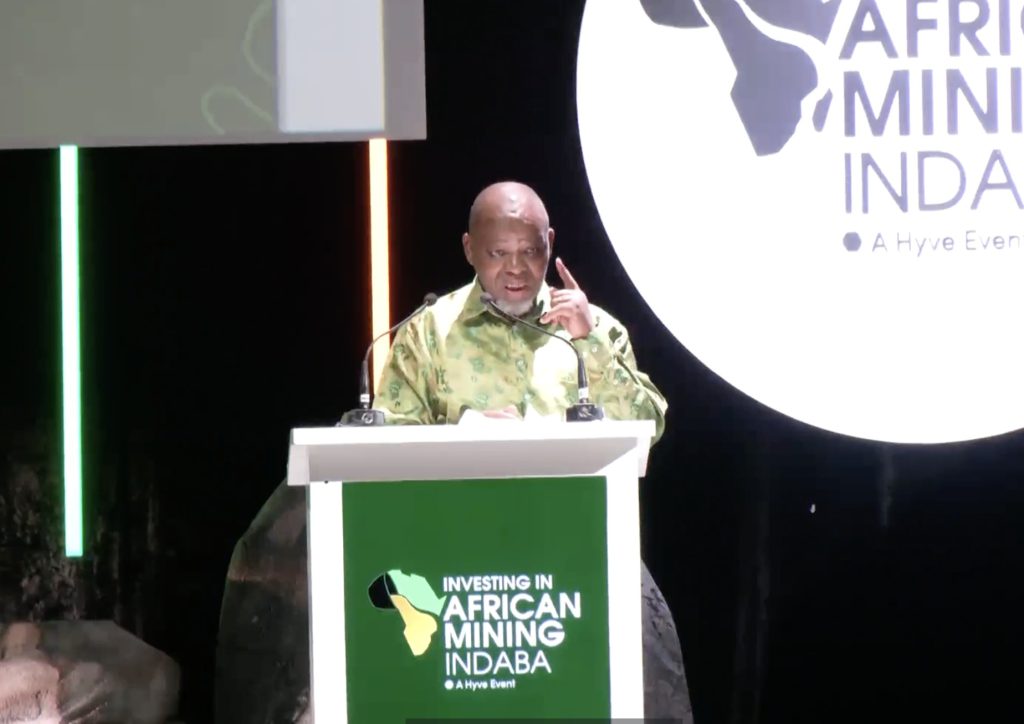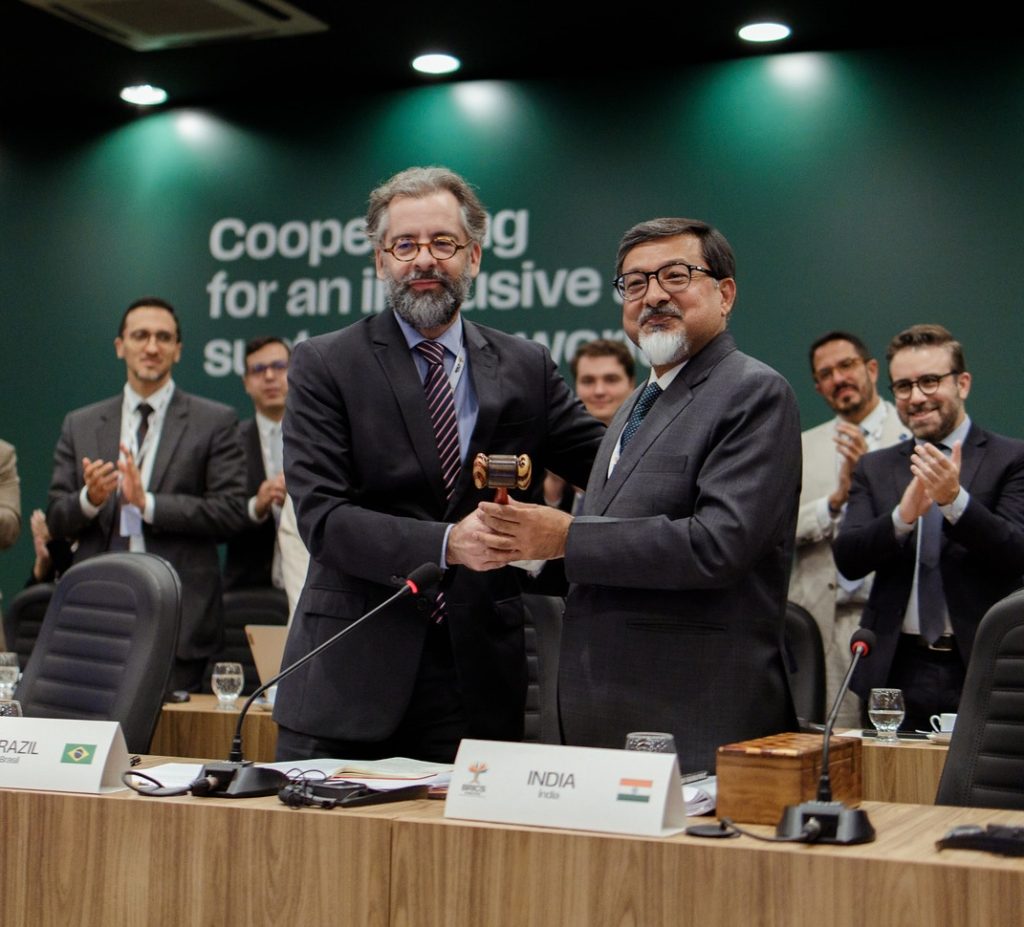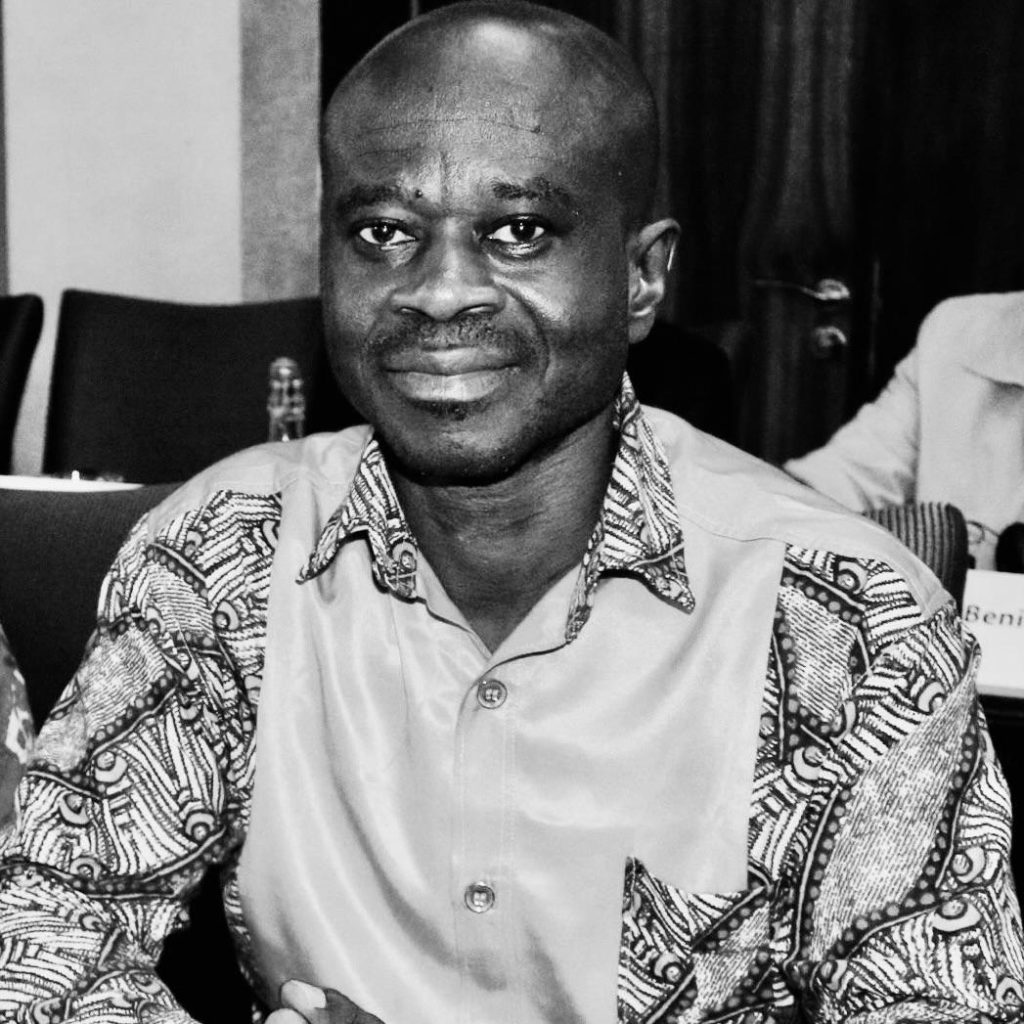One evening in late March, the face of Felix Tshisekedi, the President of the Democratic Republic of the Congo (DRC), appeared on a live interview with Bret Baier, host of US news channel, Fox News. In the lead-up to their exchange, an image of the DRC was projected on a map, with Baier explaining to US viewers that it had a mineral worth of “an estimated twenty-four trillion dollars, with a [capital] ‘T.’ including gold, diamonds, and “so-called critical metals [minerals]”, such as cobalt and lithium. He explained that these are vital for Silicon Valley’s ambitions. While the current Trump administration has little interest in climate benefits, critical minerals from the DRC, such as cobalt are also vital components of electric vehicles and energy storage systems, making them an essential component of the green transition and global supply chains.
After explaining the Trump administration’s interest in securing a peace for minerals deal with war-torn Ukraine, Beir invited Tshisekedi to expand on why he was interested in engaging with the White House. Tshisekedi responded: “we are looking for partnerships, and have established partnerships with many other countries, and we think the United States of America, given its role and influence across the world is an important partner to have. And we are very happy to see that with the Trump administration that things are moving a lot faster on both sides… we want to extract these minerals but also process them as this will also create a lot of jobs, and we want a partnership that will provide lasting peace within our countries which we need.”
It became clear that Tshisekedi’s intended audience was not the wider American public, but rather its President, Donald J Trump, who is an avid watcher of Fox News. Tshisekedi took advantage of the moment, lauding the prowess of the United States and lamenting that “nature abhors a vacuum, as the saying goes, it is not that China is waxing in Africa but it is more that America is waning in Africa and we would be more than happy to have our American friends here… Silicon valley companies know exactly what I mean, this partnership will help these industries develop more and more innovative products”. The interview ended with a discussion of the heavyweight championship boxing match where Mohammed Ali defeated George Foreman in what was then Kinshasa (now the DRC), dubbed “the Rumble in the Jungle”.
The proposal seems to have appealed to Trump with his new advisor to the region (and father in law of his daughter, Tiffany), Massad Boulos, indicating that a deal was under review, adding that he was “pleased to announce that the President and I have agreed on a path forward for its development.” Boulos then met Tshisekedi on 3 April to discuss prospects of a ceasefire and US investments in its mining sector. The deal follows the doubling down of US efforts to break its reliance on China for critical minerals by using executive orders and ramping up domestic mineral production. It also follows China’s restrictions on the export of seven rare earth elements and magnets used in the energy, defence and automotive sectors.
The DRC has been host to a number of Chinese infrastructure projects, with China investing billions in the country’s mining system with a joint venture with the government of the DRC. But as Tshisekedi points out, most of these minerals are exported in either unprocessed or lightly refined form, and the country is missing out on opportunities to further benefit from their processing. The country has also been beset by conflict since 2021 with rebel forces. They are aligned to a group known as the March 23 Movement (M23) which is supported by neighbouring Rwanda, and the Alliance Fleuve Congo. In January this year, M23 took control of parts of Goma in the DRC’s North Kivu Province. Rebels have also seized control of mines in some of the occupied territories, and thousands have either died or been displaced. UN Reports have indicated that Rwanda is motivated by a desire to access the country’s mineral reserves and that many are illegally smuggled from it.
In the mayhem, the US has sought to secure its only mining project in the DRC, a tin mine it has a majority shareholding in, called Alphamin, from the M23 militia. However rebel advances on Walikale town forced the mine to place its operations on care and maintenance and evacuate staff. Boulos sought to intervene, but it will reportedly take a few months to bring operations to life again. Africa Confidential has also reported on discussions between Tshisekedi and Boulos about in lithium, copper and cobalt mines in various provinces as well as a deep water port. It also reports that there are signs of Rwanda running short of cash to finance the war since mineral production in eastern DRC stalled.
Early last year, in a Memorandum of Understanding, the EU pledged approximately US$935 to Rwanda in exchange for access to critical raw minerals. The deal was despite opposition from some EU MPs on the basis that it would support the smuggling of minerals from areas controlled by M23 rebels. Tshisekedi called the deal “an absolute scandal” and accused the EU of being “complicit in the theft and looting of Congo”. Now looking to the US, last week, Rwanda said it was speaking to Washington about a possible minerals deal. Its spokesperson however declined to provide any further detail on the discussions.
Then, on Friday last week in Washington, the Foreign Ministers for the DRC and Rwanda, with U.S. Secretary of State Marco Rubio sitting between them, announced that they had agreed to chart a pathway to peace with a view to a final agreement by 2 May 2025, with both sides vowing not to provide military support to armed groups in the interim. According to Rubio, the agreement will bring about significant U.S. public and private investment to the region. Rwanda’s Foreign Minister Olivier Nduhungirehe also stated that the parties were “discussing how to build new regional economic value chains that link our countries, including with American private sector investment.” Exact details of how the US will benefit from the investment and critical minerals was not disclosed. The announcement follows a truce declared on Wednesday after a round of negotiations in Doha, Qatar.
Whether or not Tshisekedi was or will be able to secure the jobs and domestic mineral processing he wanted for critical minerals from his country is doubtful, but he may have had little choice. If the final agreement reached with the DRC, Rwanda and the US puts the DRC in the same or similar position as before, it may not gain the political support it needs to last. As a Georges Kapiamba, the president of the Congolese Association for the Access to Justice, pointed out to africanews, the DRC could blow up the deal by siphoning off the proceeds. This is particularly the case if it doesn’t feel it is benefitting from raw or semi processed exports.
Further negotiations on the peace deal are expected to continue in Doha in talks mediated by Qatar in the coming weeks.

